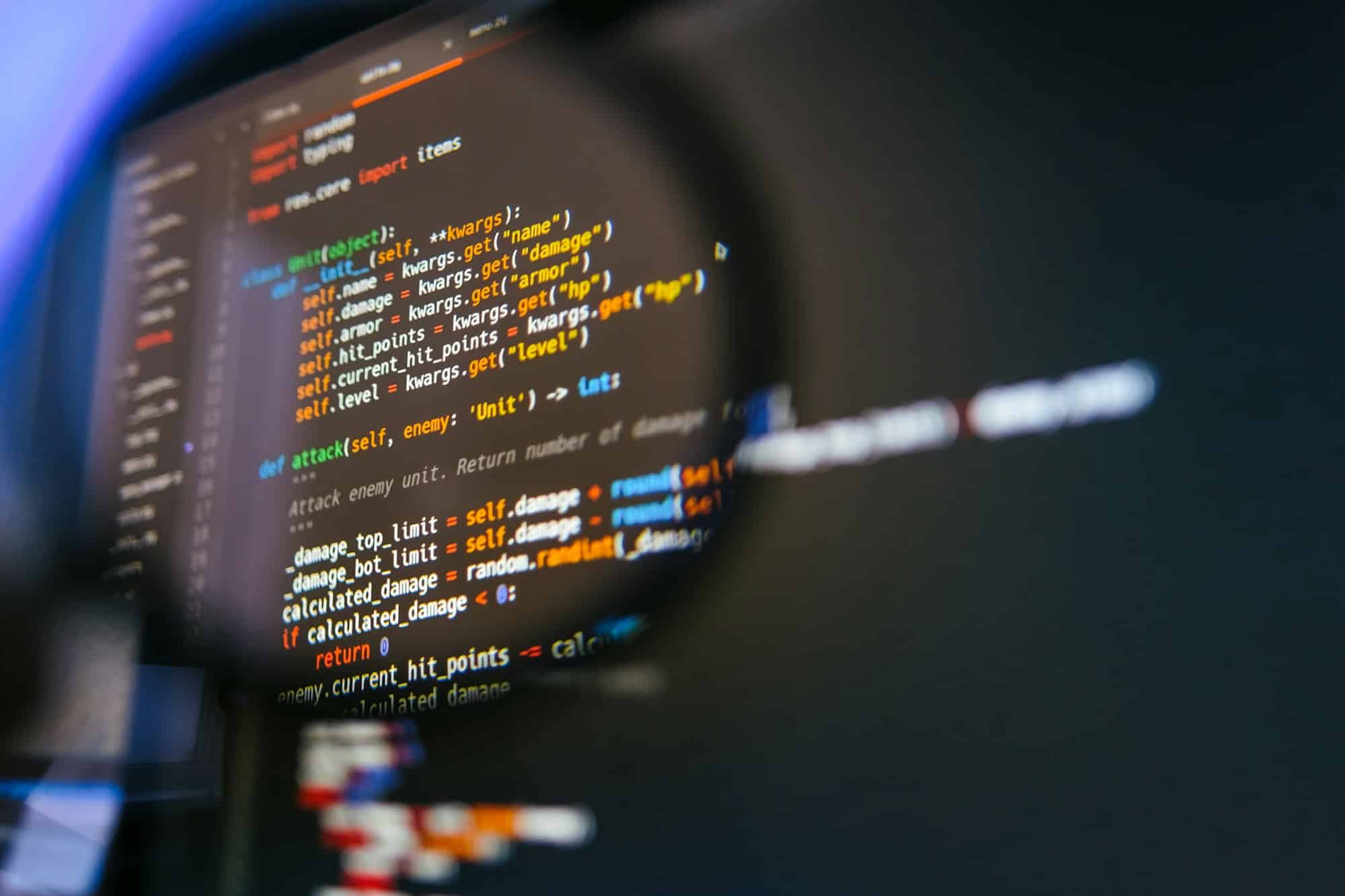What are the programming languages for bots ?

Bots are positioning themselves as essential tools for businesses and individuals. Their development involves the choice of a suitable programming language. This directly influences the functionality and performance of the bot. In this article, we will talk about the main programming languages used for creating bots to inform your choice based on your specific needs and goals.
Popular languages for bots
The following languages are the most widely used programming tools for creating bots, and for good reason.
Dans le meme genre : Utilizing AI to enhance language learning and improve language skills
Python
Python is the most popular programming language for bots, due to its simple syntax, versatility, and active community. It offers many frameworks dedicated to bot development, such as Rasa, Chatfuel or Dialogflow.
Python has an extensive standard library as well as a host of third-party libraries that make bot development easy. Libraries such as NLTK (Natural Language Toolkit) and SpaCy provide advanced natural language processing capabilities, which is essential for creating bots that can understand and generate human language.
A lire en complément : Choosing your tattoo : advice for a well-considered decision
Python benefits from an active and engaged developer community, which means it's easy to find help, resources, and tutorials online. Whether you have technical questions or are looking for advice on the best way to design your bot, there is always someone in the Python community ready to help. Get details at botnation.ai/en/.
JavaScript
JavaScript, a ubiquitous language on the web, is also widely used for bots, including web chatbots and mobile bots. Its popularity stems from its compatibility with web browsers and its wealth of dedicated libraries and frameworks, such as Botpress or Microsoft Bot Framework.
JavaScript can be used client-side and server-side to allow developers to create bots that interact with external APIs to access third-party data and services. This opens a wide range of possibilities for creating chatbots that offer advanced functionality such as booking flights, searching for products, or managing user accounts.
Java
Java, a robust and reliable language, is particularly appreciated for complex and performance-demanding bots. Its object-oriented structure and portability make it a good choice for large-scale applications. Frameworks such as Botify or Deepflow simplify the development of Java bots.
Additionally, Java is renowned for its reliability and performance, making it an ideal choice for mission-critical and high-performance applications. Chatbots developed in Java are able to handle a large number of simultaneous requests while maintaining fast response times, providing a smooth and responsive user experience.
Java is also known for its security and scalability. It is a safe choice for developing chatbots in sensitive environments. Chatbots developed in Java benefit from advanced security features and are able to easily adapt as business needs evolve.
C++
C++ is relevant for bots requiring rapid execution and fine resource management. Its power and flexibility make it a language of choice for embedded bots or performance-critical applications. Libraries like OpenCV or ROS make it easier to develop C++ bots.
Although C++ doesn't have the same abundance of libraries and frameworks as other languages like Python or JavaScript, there are still robust libraries and frameworks that simplify chatbot development in C++. Libraries like Boost provide advanced features for systems programming and resource management, while frameworks like Qt make it easy to develop graphical user interfaces for chatbots.
Go
Go, a recent and booming language, seduces with its simplicity, its speed of execution and its effective management of competitors. It is particularly suitable for bots requiring high availability and low resource consumption. Frameworks such as Go-agent or Echo help simplify the development of Go bots.
Although Go is a relatively young language, it still has an abundance of libraries and tools that simplify chatbot development. Frameworks like GoBot offer advanced features for creating chatbots, while libraries like Gorilla Mux make it easier to develop web APIs for chatbots.
Choose the right programming language
Choosing the programming language for your bot depends on several factors:
- the complexity of the bot: for simple bots, Python or JavaScript may be sufficient. For more sophisticated bots, Java or C++ are relevant;
- performance requirements: if performance is critical, C++ or Go may be wise choices;
- the target platform: for web bots, JavaScript is preferred. For mobile bots, Java or Kotlin are popular options;
- your skills and experience: if you are fluent in a particular language, it makes sense to use it…
Conclusion
Choosing a suitable programming language is essential for developing a high-performance bot that meets your specific needs. By taking into account the factors mentioned and examining the different options available, you will be able to select the language that will allow you to realize your projects and fully exploit the potential of bots.
